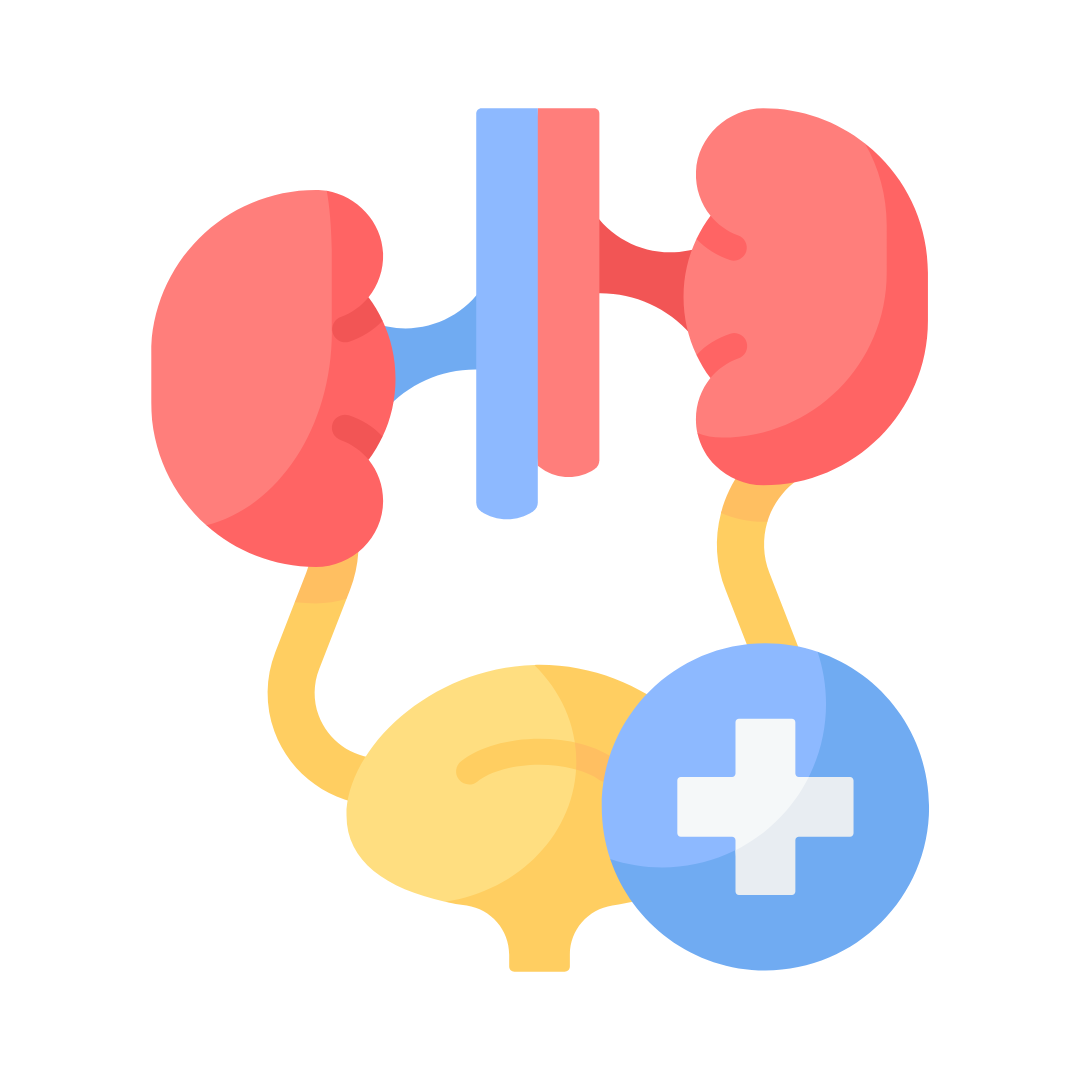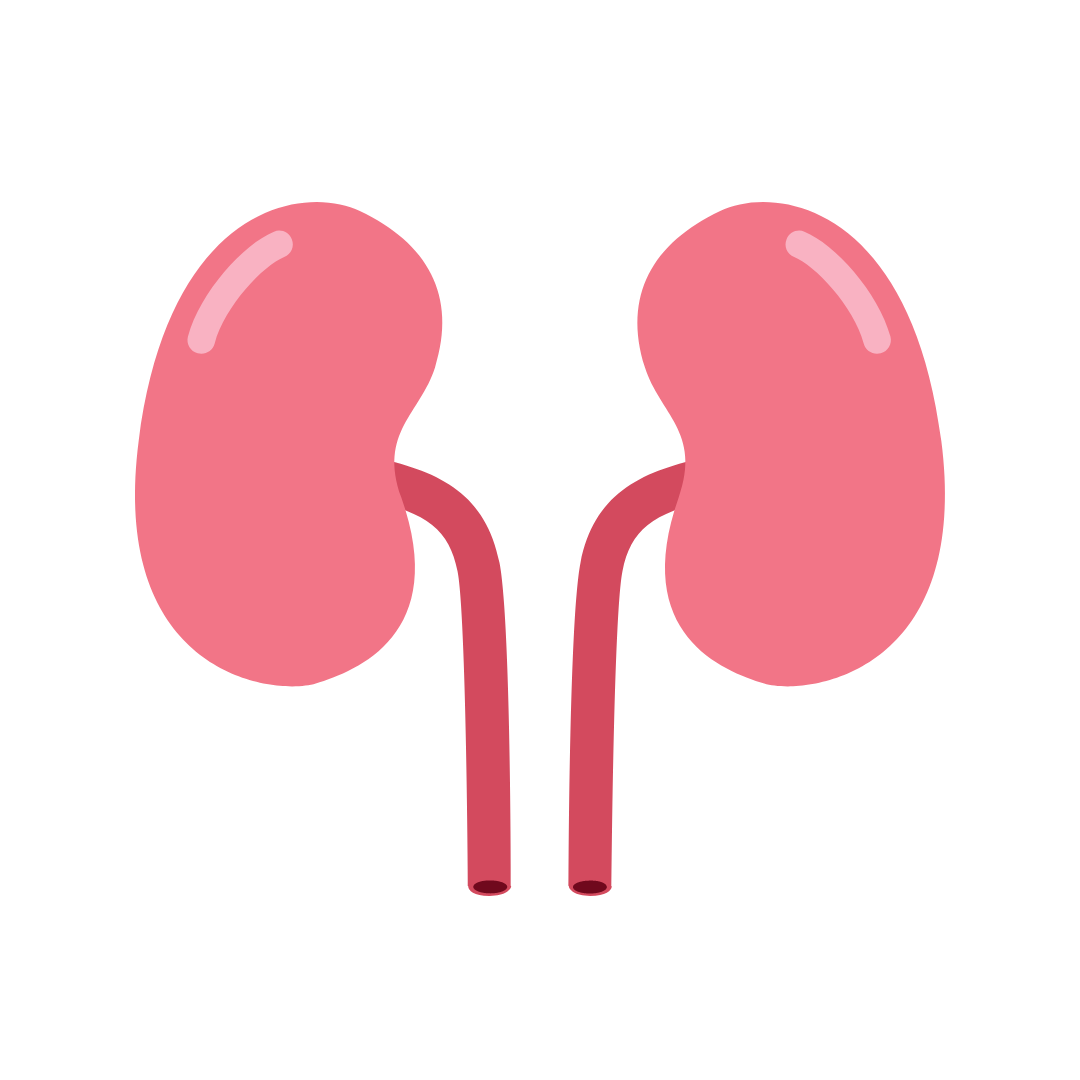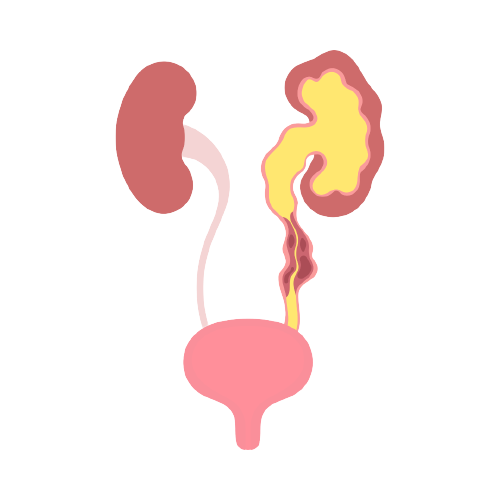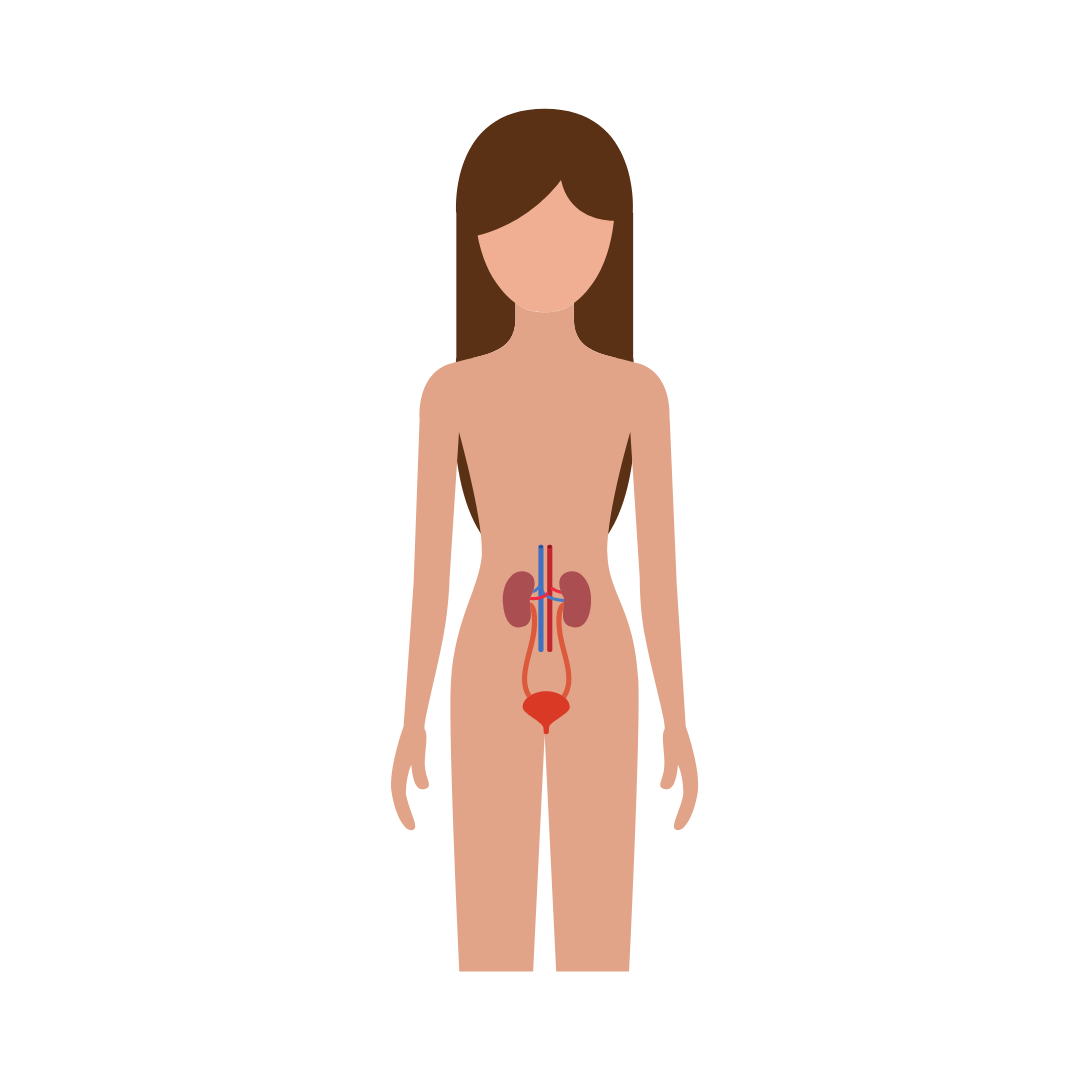F.A.Q.
Urology is a medical specialty that focuses on the diagnosis, treatment, and management of conditions affecting the urinary tract in both males and females, as well as conditions affecting the male reproductive system.
While both urologists and nephrologists deal with conditions related to the urinary system, there is a distinction between the two. Urologists primarily focus on surgical treatment of urinary conditions and male reproductive health, whereas nephrologists specialize in the medical management of kidney diseases and disorders.
Urologists diagnose and treat a wide range of conditions, including urinary tract infections, kidney stones, bladder problems, prostate issues, erectile dysfunction, infertility, urinary incontinence, and various forms of cancer such as bladder, kidney, and prostate cancer.
You should consider seeing a urologist if you experience symptoms such as frequent urination, painful urination, blood in urine, difficulty urinating, recurrent urinary tract infections, kidney stones, urinary incontinence, or if you have concerns about your reproductive health
Yes, urology treatments can help with infertility. Male infertility can be caused by various factors, such as low sperm count, abnormal sperm function, or blockages in the reproductive tract. Urologists can diagnose and treat these conditions, potentially improving fertility and increasing the chances of conception.






